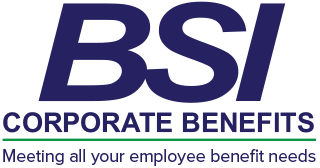The Dangers of Impaired Driving
National Impaired Driving Prevention Month is observed every December, dedicated to raising awareness about the dangers of impaired driving. It’s important to promote strategies to prevent accidents caused by driving under the influence of alcohol, drugs, or any substance that can impair a person’s ability to operate a vehicle safely.
According to the National Highway Traffic Safety Administration, each day about 28 people in America die in drunk-driving car crashes (2022). During the holiday season, it’s particularly important to acknowledge this matter as it becomes increasingly widespread around Christmas and New Year’s.
Understanding the dangers of impaired driving beforehand is crucial, considering that these accidents can be avoided. Here are some solutions to avoid impaired driving and it’s life-altering consequences.
- Plan ahead – When heading out for a social event, ensure there’s a designated driver who pledges to remain sober throughout the entire gathering.
- Request a ride – Call a taxi or rideshare service for a ride like Uber or Lyft. A study published in the Journal of American Medical Association found the number of motor vehicle crash traumas decreased by 38.9% thanks to rideshares (2021).
- Watch over others – Never get in the car with someone who is drinking under the influence. Additionally, if you notice an intoxicated person getting ready to drive home, take their keys away.
- Be cautious when driving – If you suspect someone has been drinking and driving, call the police. Provide to the police include your location, the direction the vehicle is traveling, and its color, make, and model.
Impaired driving poses a serious threat to not only the driver but also passengers, pedestrians, and other individuals on the road. Overall, awareness plays a significant role in changing attitudes and behaviors, ultimately reducing the prevalence of impaired driving incidents.
To seek help from the Substance Abuse and Mental Health Services Administration, call 1-800-662-HELP (4357) or visit www.samhsa.gov/find-help/national-helpline

